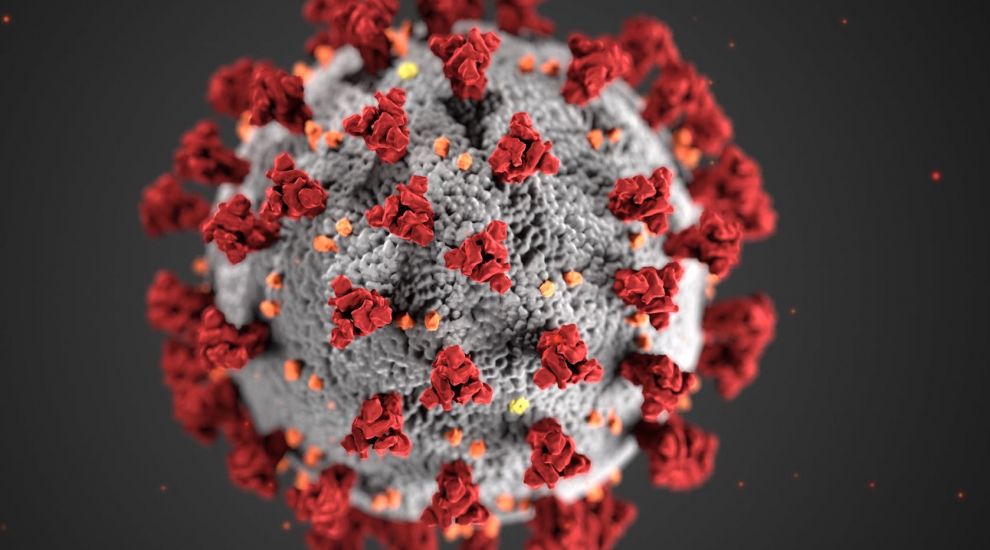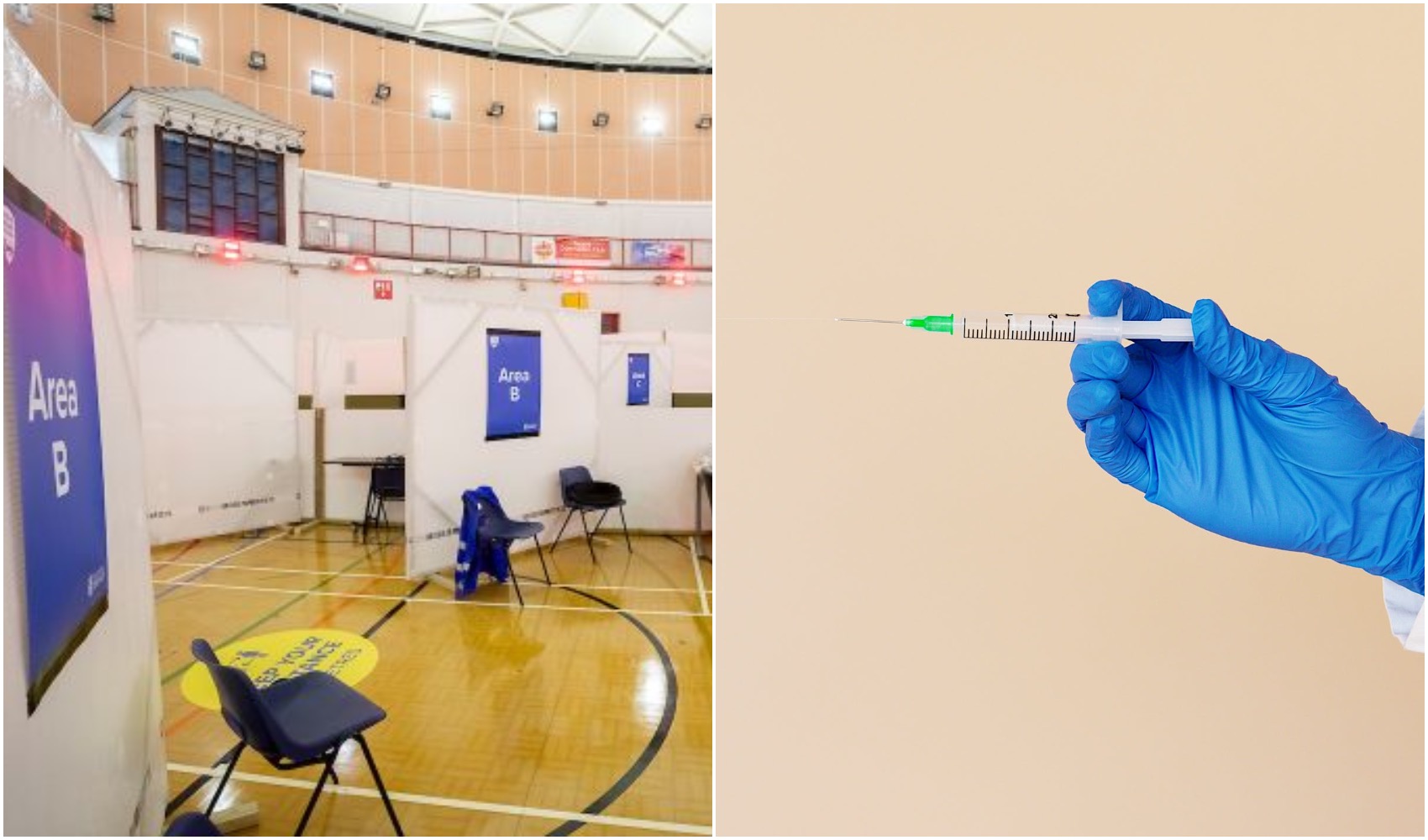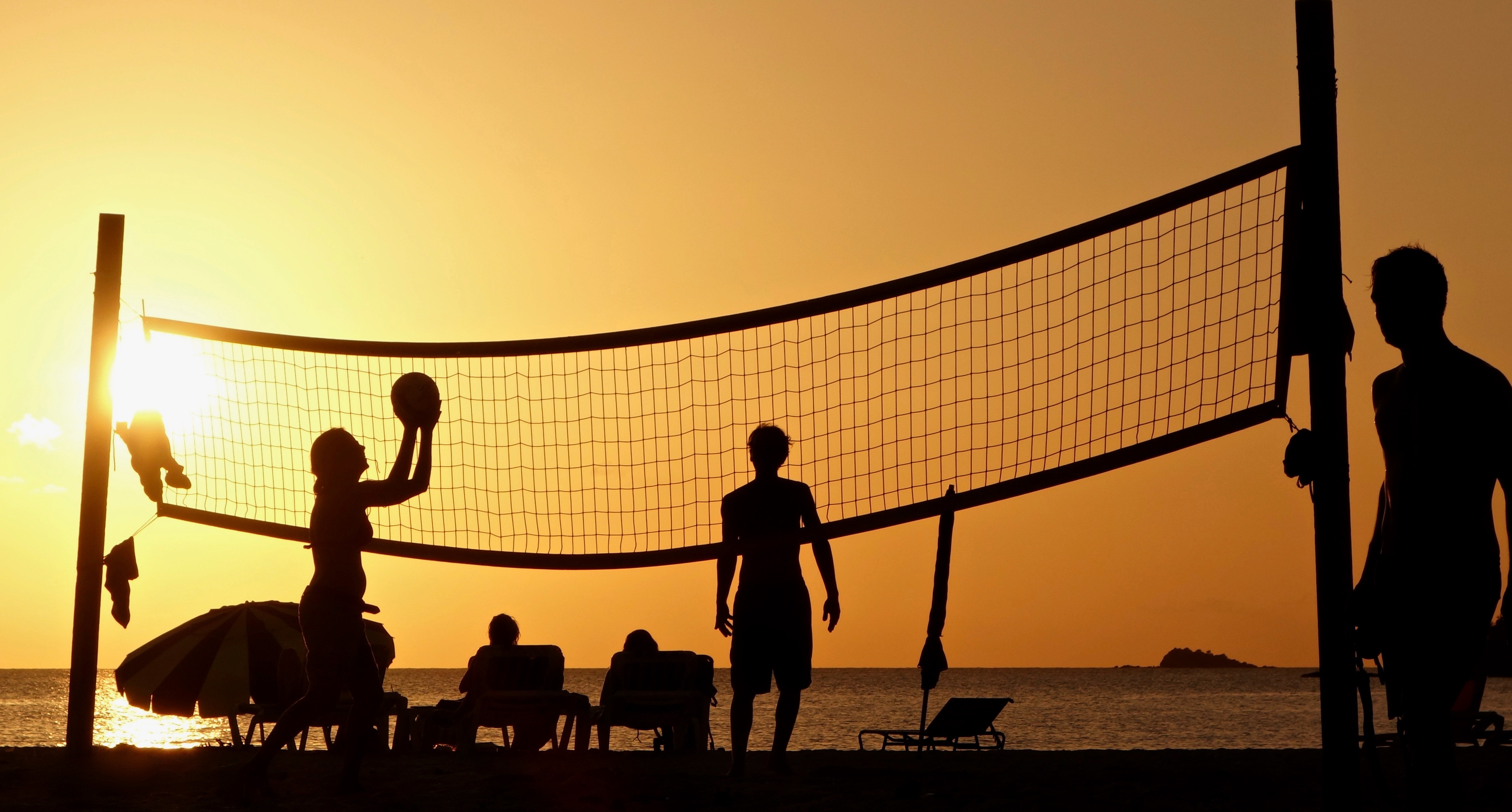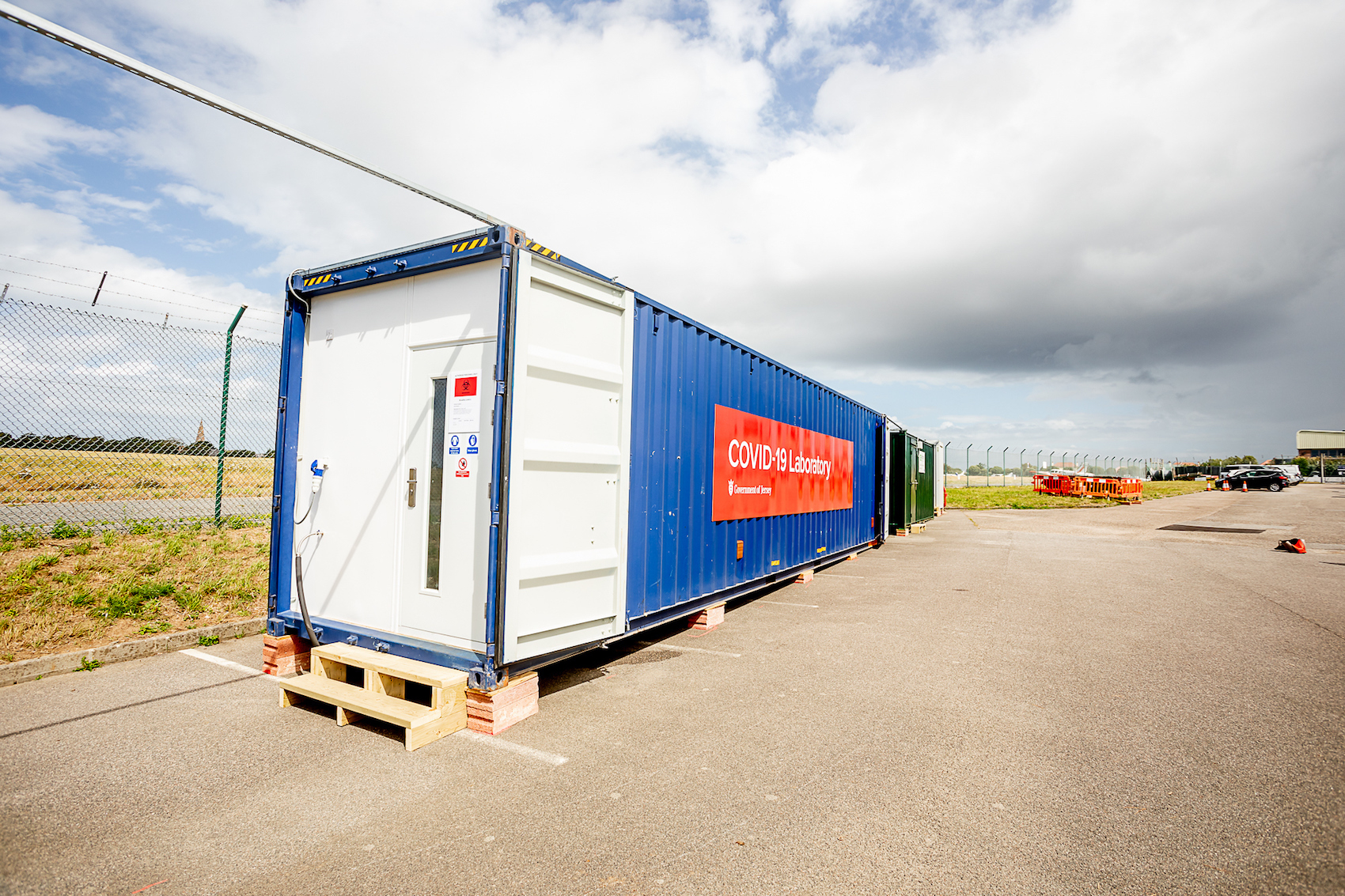


There are now 2,717 recorded cases of covid in the island, following the third daily drop in a row and the first sub-100 increase in cases in a number of weeks.
It is possible that Jersey’s third wave reached its peak on Monday, when there were a total of 3,109 known cases in the island.
We won’t know for certain if this is trend or a false dawn but here we explore some of the reasons the number of recorded cases may be dropping...
Vaccinated individuals are less likely to pass on the infection and show severe symptoms, even though they can become infected themselves.
Since Wednesday 28 July, 240 individuals have recovered and 86 new cases have been identified. 39 cases have been identified via seeking healthcare, 16 via inbound travel, 1 via admissions screening, 6 via planned workforce screening, 2 via cohort screening and... pic.twitter.com/A4bEsY9iMg
— Government of Jersey (@GovJersey) July 29, 2021
The number of people getting fully or partly vaccinated continues to climb as the Government works hard to meet its target of offering full vaccination to all eligible islanders by mid-August.
85% of Islanders aged 18 years and over have had at least one dose of a covid vaccine and 76% are fully vaccinated. 95% of over 50-year-olds are fully vaccinated and 85% of over 30-year-olds have had both jabs.
Almost two-thirds of islanders aged 18 to 24 have had one or two doses, although the take-up has been far slower than older age-groups, which is perhaps unsurprising as younger people are far less likely to suffer serious symptoms.

Pictured: 76% of adults are now fully vaccinated in Jersey.
A high percentage of adults in Jersey now have covid antibodies, either from vaccination or natural infection, but the increasing the latter is not a Government strategy.
As Express reported this week, data presented to Ministers shows that even if 94% of the eligible population - those aged 18 and upwards - were vaccinated, mitigating measures would still be needed to stop the spread of covid.
As Deputy Medical Officer of Health Dr Ivan Muscat said recently: “We are not trying to push infection through the community in order to achieve herd immunity, we are not playing that game.
“That approach had actually been used in Sweden at one point, where they shielded the vulnerable and went for herd immunity.
“That was in the complete absence of vaccination and, in retrospect, they found that the burden of disease they had to manage, together with the effect on the economy, was worse than in surrounding Scandinavian countries that had a similar culture and are therefore immediately comparable. So, we are not going down that road."
The number of cases reported in schools rapidly rose in the weeks leading up to the end of term on 15 July. In that final week, 225 pupils and 25 members of staff tested positive for coronavirus. The week before just 107 pupils and 13 staff were positive and, the week before that, 53 pupils and seven staff became known cases.
That represented a 322% increase in pupil cases and a 257% rise in staff cases over two weeks. Now, however, the classroom is a distant memory for most children.
But it is not only classes that have finished. The end of car sharing, bus trips and parents gathered at the school gates have also robbed the virus of opportunities to spread.
It also means that fewer older students, and staff, are likely to take the lateral flow tests that were offered on a weekly basis last term. PCR tests were also offered every six weeks but this has also ended.
Although schools will resume in September, by then the entire eligible population would have been offered full vaccination and there will be far more knowledge on the impact of current cases on hospitalisations.

Pictured: We’re much more likely to be outside at this time of year, meaning a lower chance of transmission.
The recent hot weather has also encouraged more islanders to enjoy the great outdoors. It also means more open windows, better ventilation in homes and more outdoor gatherings.
As with any respiratory disease, it is much easier to battle covid in the sun than it is in the depths of winter.
It has been more than two weeks since the ‘strong advice’ for masks and working from home returned. Wearing masks in indoor public places has since become a legal requirement again.
Studies have clearly shown that masks are effective in reducing virus transmission and protecting the wearer and those around them.
The legal requirement to wear masks in most public places was lifted on 14 June but it was reintroduced on 21 July in the face of mounting case numbers.
Much as the legal requirement to wear masks helped cases fall the first time it was introduced on 1 December last year, it is expected to have an impact this time too.
Although working from home is not obligatory, many businesses that can work remotely are now far better prepared than they were 15 months ago. The island’s largest employer, the Government itself, has also told its 8,500+ workers to stay at home if they can.
Many firms in the finance sector were already working remotely while others have resurrected work-from-home plans.
England’s performance during the Euros gave many in Jersey something to cheer.
It may have also boosted rates of covid transmission, with people gathering together to view the matches on TV screens indoors. Football almost came home, but not quite.
The overall number of tests that are being carried out has not changed significantly; however, the type of person who is tested has.
Islanders who are direct contacts are now only required to take one test as soon as they can after being identified as a direct contact, as opposed to that test and additional tests on Day 5 and 10.
The change, announced on 15 July, was to “to better align with vaccination coverage and to prioritise symptomatic Islanders who require a test” after a steep rise in cases in this third wave and people having to isolate.
This was not only to cope with soaring demand for tests but also in recognition of the fact that the test positivity rate remains highest among individuals showing symptoms – roughly 40%.
In contrast, fewer than 1% of passengers arriving in Jersey are returning positive results, hence why the Government also relaxed the testing regime at the border.
Deputy Medical Officer of Health Dr Ivan Muscat MBE has said that the island’s testing capacity is “finite” and therefore it is important to “target the resource we have in the most effective way.”

Pictured: The island has “finite” capacity to test for covid, therefore has to take a risk-based approach.
The island currently has the capacity to process a maximum of 4,500 tests per day on-island and 2,000 off-island, and the removal of testing requirements for direct contacts served to free up slots for new cases and those feeling symptoms.
The change in testing regime reduced the volume of direct contact tests overnight by 66%.
In a recent letter to Deputy Rob Ward, Chief Minister John Le Fondré said that for individuals who have been exposed to the virus, it is anticipated that around 60% of cases are identified by Day 5, around 85% by Day 8 and around 95% by day 10. Therefore, it should be expected that a proportion of individuals go on to test positive after a Day 0 negative test, he said.
Although direct contacts who have caught the virus and are asymptomatic will not be picked up if it only develops after their first test, people who develop symptoms at any time have to immediately go into isolation and book a PCR test online or call the helpline.
So, while there is a risk that more asymptomatic cases will go unrecognised, it forms part of the Government’s ‘living with the virus” strategy: that these individuals are unlikely to be develop symptoms and they are far less likely to transmit the virus to someone else.
Comments
Comments on this story express the views of the commentator only, not Bailiwick Publishing. We are unable to guarantee the accuracy of any of those comments.